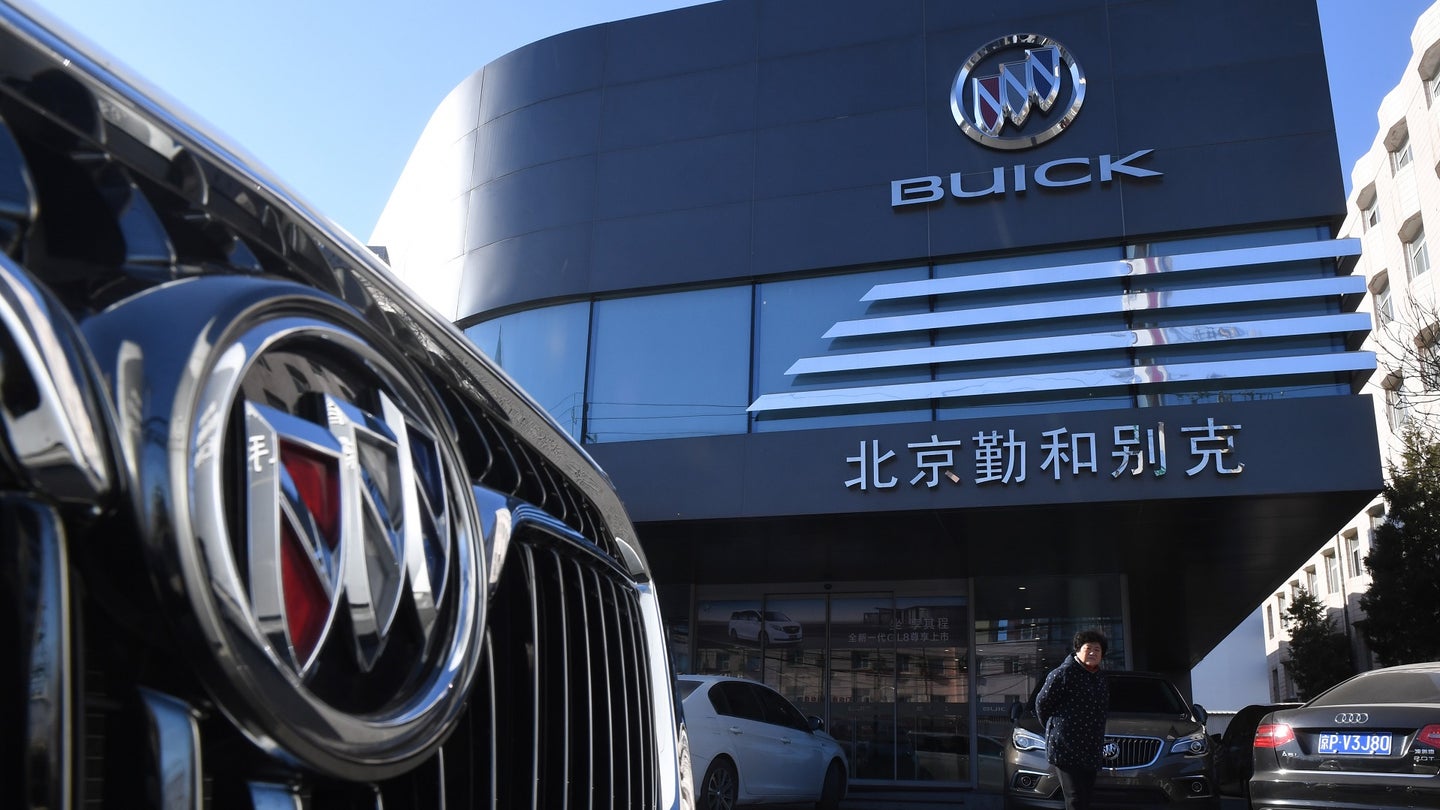China Considers Slashing Vehicle Import Tariffs to 10 Percent, but Not Because of Trump
The Chinese government may slash its import tariffs in half, but it’s not because of the U.S. President’s Tweets.

Early this month, United States President Donald Trump slammed Chinese taxation of foreign vehicle imports on Twitter, calling it "stupid trade." Shortly after, Chinese President Xi Jinping ensured the world that China will lower its vehicle import tariffs to allow for a more fair trade. People close to the matter revealed to Bloomberg that the Chinese State Council is considering just how low to drop those taxes while denying credit to Trump as the motivation behind the change.
Currently, importing a foreign-made vehicle to China is quite costly. Automakers must fork up a hefty 25 percent in tariffs in order to import its vehicles for resale. Conversely, the same action is taxed at only 2.5 percent in the United States. Trump fired off heavy criticism on this tariff during trade negotiation tensions between the two countries prior to China concluding that it would reduce the rate, though just how low is still undecided. Bloomberg reports that its anonymous sources state that current talks revolve around a tariff between 10 and 15 percent, a reduction of nearly 60 percent. A final decision is expected by early next month.
China has reportedly also stated that this plan has been in the works for some time and rejects efforts to give credit to President Trump. Seemingly, the tweet by Trump may be merely a reason for the country to bring the plan to light.
This is the second step China has made in opening up its auto market. Last week, country officials confirmed that China would begin opening its doors for foreign automakers to independently set up shop in the country, something which it hasn't allowed for in the past. Currently, any foreign automaker that decides to build vehicles in mainland China are required to partner with an established Chinese-owned company. Automakers like Ford have already established partners with several companies in order to market their electric vehicles in one of the world's largest growing EV markets. This move could make the barrier to the Chinese market much less obtrusive to foreign brands.
Due to the tariffs imposed on imported vehicles, the Chinese automotive market is expensive to compete in. This upfront cost has led to a large domestic centralization for most automotive buying in the country. Of the 28.9 million vehicle sales in 2017, only 1.22 million, or 4.2 percent, were imported. In the United States, nearly 49 percent of the 17.1 million vehicles sold in the United States were imported from foreign countries. Reducing the cost to manufacturers may, in turn, reduce the cost of imported vehicles for consumers, leading to a larger number of foreign cars in China.
